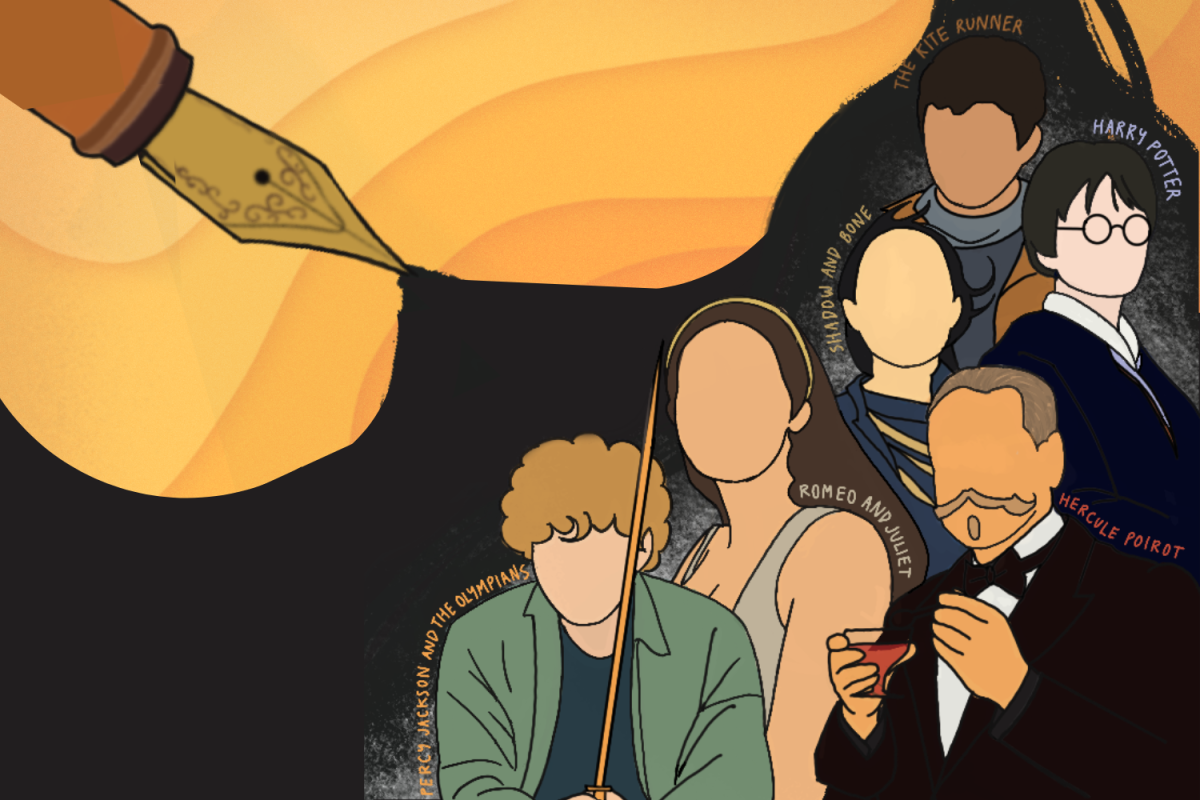What you need to know:
- Many new laws were put into place at the start of 2024.
- New California Laws include a raise to the minimum wage, an update to high school suspension policies and more opportunities for college-bound high school students.
- Many of the laws are impactful to Lynbrook students, either affecting students’ health, safety, or education
Gov. Gavin Newsom signed a series of laws this year that will affect student health, safety and education, effective beginning with the 2024-25 school year. They include a raise to the minimum wage, an update to high school suspension policies and more opportunities for college-bound high school students.
AB 1228: Minimum Wage Raise
In California, the minimum wage saw two major changes. First, the state minimum wage was raised to $16.00 an hour — an increase of $0.50 from last year. While it was a less significant increase than past years, such as the raise from $10 to $15 in 2016, this law is part of a series of past laws that were specially designed to adjust wages based on inflation.
The second part of the change pertains to the fast food industry, mandating a minimum wage of $20 per hour and creating a fast food council. However, due to an exemption built into the law, some restaurants located in airports, theme parks or museums are among the exceptions for the $20 minimum wage.
The fast food council will oversee fast food working conditions and make regulations about workplace standards, such as working hours, safety and employee leave. Since many large fast food chains, including McDonald’s, do not have worker unions, this new law benefits employees by standardizing pay and working conditions across the entire industry. This law also has the potential to impact consumers, as according to Professor Orley Ashenfelter of Princeton University, fast food prices will increase by 6%.
“It will definitely be exciting to see my hourly wage go from $17.20 to $20.00 this April, however I feel that this new law could cause unintended consequences, such as fast food restaurants raising prices to offset the increase in wages,” junior and McDonald’s employee Cyrus Cao said.
AB 873: Media Literacy
Effective as of Jan. 1, the new law requires all public schools from K-12 to integrate media literacy into their existing curriculum. According to the state law, media literacy is to be taught in language arts, mathematics, science, history and social science curricula.
“Nowadays, with the increasing use of AI a misinformation, I believe that it is more important than ever for students to learn about media literacy, because it enables people to make the right judgements when navigating media.” sophomore and Junior State of America club officer Chelsea Guo said.
While many schools have been slow to integrate media literacy into their curriculum, some schools have already incorporated these new requirements into some classes. For instance, Monta Vista High School’s journalism students have started to learn about media literacy every Monday, dubbed Media Literacy Monday. In the program, students learn to differentiate between real and false news, and aim to understand the ramifications of false news in today’s society.
AB-1540: Financial Aid
Centered around the skyrocketing cost of higher education, this law facilitates access to financial aid for undocumented students at California’s public universities. An already existing program called the Cal Grant offers college-bound students money for tuition, and college expenses. However, many students who need financial aid are often rejected from the Cal Grant program, and are therefore unable to get the aid they need. The California Student Aid Commission reported that only 14% of undocumented college students received financial aid in 2022. Fortunately, this new law revises the grant process and increases the amount of funding for undocumented students. The new grant builds off of the California Dream Act, which was originally signed into law in 2001, and it will streamline the application process by reducing the amount of forms students are required to fill out to receive financial aid.
SB 247: Expulsions & Suspensions
In a new law that goes into effect starting in July, suspensions or expulsions of middle or high schoolers based on willful defiance will be prohibited. This does not mean that students are entirely exempt from suspension or expulsion, but rather that students will not be subject to such punishments solely for exhibiting behavior known as willful defiance. For example, with the new law, a student may not be suspended for minor disruptions such as talking back to a teacher or eating in class. Suspensions based on willful defiance have historically been an overly broad metric for suspensions or expulsions, resulting in many unjust suspensions over the years. By banning suspensions and expulsions on the basis of willful defiance, the state hopes to create a more equitable system for minority students.
AB 607: California college course estimates
As part of the several new laws that affect California State Universities and California Community Colleges, the law requires public universities to disclose the estimated cost of materials for each course on the course schedule. This enactment increases transparency about courses and ensures that students know what they are committing to before signing up. The law follows a phase-in process where colleges will be required to have costs listed for 40% of their courses by the beginning of 2025, 55% by 2026, 65% by 2027 and 75% by 2028.
“Since everyone is in a different circumstance regarding college fees, it is important that students know the cost of courses so that they can plan ahead,” Guo said. “For students planning to go to community college or a CSU, this could be especially beneficial in helping them navigate the complex college experience.”
AB 2282: Hate Symbols
As the U.S. is seeing an increase in hate crimes prompted by bias against race, gender, religion and more, a new law effective as of Jan. 1, which increases penalties for displaying hate symbols, specifically swastikas and burning crosses, in K-12 schools, colleges, cemeteries, places of worship, private property, public spaces and places of employment. In addition, under the law, violators will be subject to extensive jail time and fines.
“The idea of the new law regarding hate symbols has good intentions, but it is also important to educate people on why drawing swastikas and other hate symbols can be hurtful to certain people,” History teacher Luca Signore said. “Punishing people for displaying these symbols is one thing, but teaching them about the history of these hateful symbols will have a more profound effect, because it will allow them to realize why these symbols are harmful.”



































































Nellie • Mar 13, 2024 at 9:14 am
Our schools have been going down hill in every subject. My son was able to get his 2 kids in a Christian school 30 years ago. They got a great education. Both kids hav manage jobs. Kids today can’t read or write. Prayers for our country and schools.
Cam • Mar 12, 2024 at 5:47 am
Some of the new laws give less ability for school structuring. Allowing any student to eat in class making a mess then leaving iit or talking back to teachers is outrageous. Giving undocumented anything thing is something taxpayers should decide we pay the bills. We give more to undocumented in California then our Vets or Seniors it’s shameful .